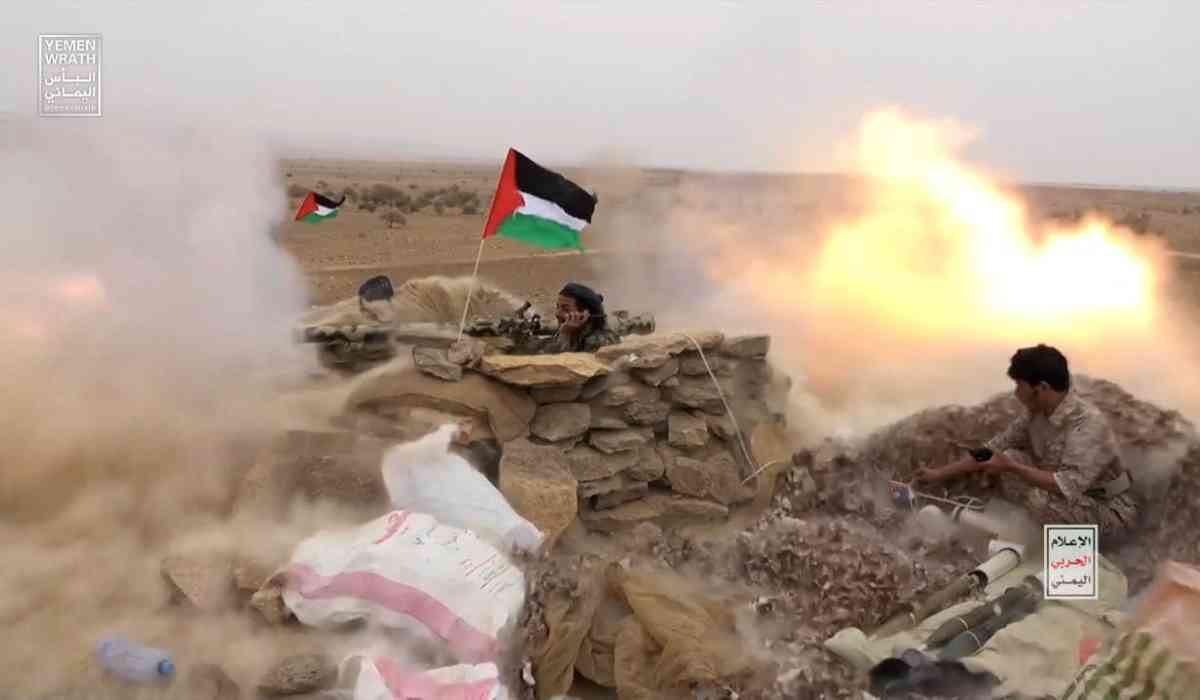The ongoing Israel-Yemen conflict has reached a new level of intensity with recent events marking significant escalations. The Israeli military's interception of a missile fired from Yemen and the subsequent airstrikes on Houthi targets in the Arabian Peninsula reflect the growing regional tensions. These developments not only highlight the immediate hostilities but also underscore the broader geopolitical dynamics involving Iran and its proxies across the Middle East.
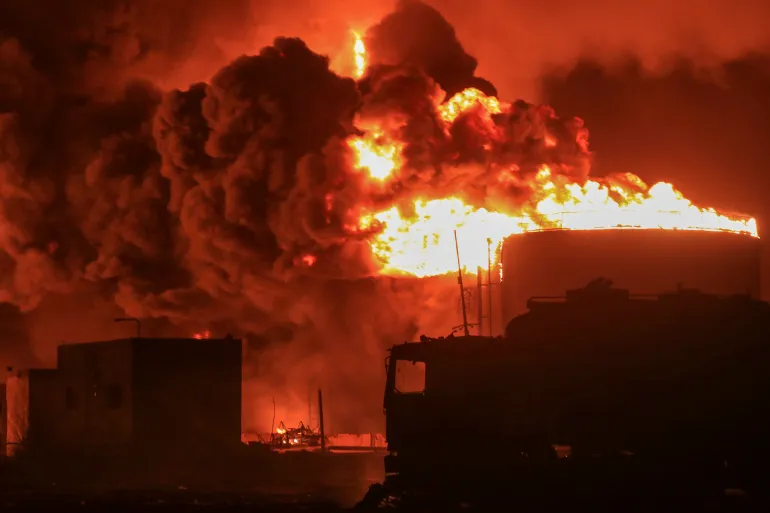
The Houthi Offensive on Tel Aviv
► The Attack
In a dramatic escalation, the Houthi rebels launched a drone strike on Tel Aviv, resulting in one fatality and injuring ten others. This attack, which occurred in the early hours of Friday, marked the first time a Houthi strike caused a fatality in Israel. The drone, identified as a variant of the Iranian-made Samad-3, traveled over 1,800 kilometers, indicating a significant leap in Houthi capabilities. The drone was able to evade detection until the last moments, highlighting potential vulnerabilities in Israeli air defenses.
► Houthi's Motivations and Message
The Houthis, aligned with Iran, have been increasingly active in attacking Israeli targets to express their solidarity with Palestinians. This attack was named "Jaffa" by the Houthis, a symbolic reference to the Palestinian city integrated into Tel Aviv. Houthi spokesman General Yahya Saree emphasized the group's intent to create a sense of insecurity in Israel, labeling Tel Aviv as "occupied" land. This rhetoric aligns with their broader narrative of resistance against
_1721670817.jpeg)
Israeli actions in Gaza.Israeli Response: Strikes on Hodeidah
► The Airstrikes
In retaliation, Israel launched extensive airstrikes on the strategic Yemeni port city of Hodeidah, a crucial Houthi stronghold. The Israeli military utilized dozens of aircraft, including U.S.-made F-15 and F-35 warplanes, targeting fuel depots and other infrastructure. The strikes resulted in the deaths of six individuals and injuries to 83 others, with significant collateral damage including severe burns and missing persons.
► Strategic Implications
The Israeli airstrikes on Hodeidah are significant not only for their immediate impact but also for their strategic implications. Hodeidah is a vital entry point for humanitarian aid, and the attacks risk exacerbating the already dire humanitarian situation in Yemen. The Israeli military justified the strikes by claiming they would disrupt alleged Iranian arms shipments to the Houthis. However, the broader regional implications, including potential disruptions to aid and increased hostilities, have drawn widespread concern.
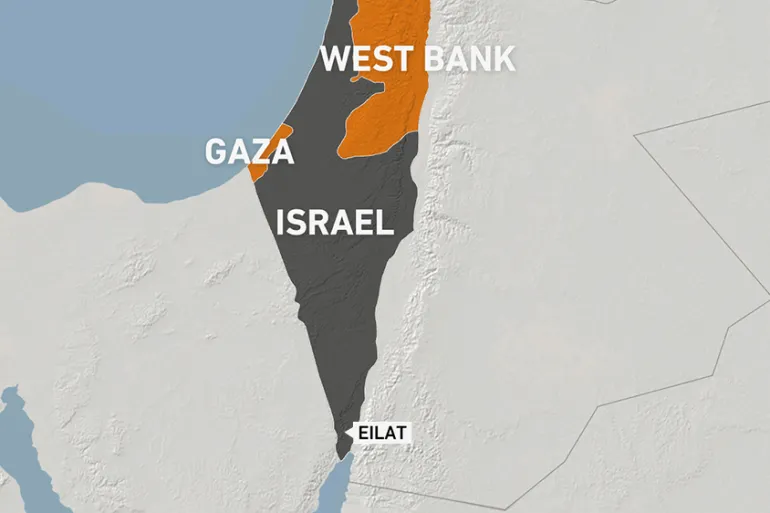
Regional Fallout and Geopolitical Ramifications
► Iran and Proxy Dynamics
The Israel-Houthi conflict is deeply intertwined with broader regional tensions involving Iran. The Houthis have long been supported by Iran, though analysts caution against viewing the group merely as an Iranian proxy. The recent escalation underscores the complex interplay between local dynamics and broader geopolitical strategies. Iran has condemned the Israeli strikes, warning of the potential for further regional destabilization.
►The Role of Hezbollah
The Lebanese group Hezbollah has also been engaged in clashes with Israel, further complicating the regional security landscape. Hezbollah's endorsement of the Houthi drone strike on Tel Aviv and its condemnation of Israeli actions in Hodeidah reflect the interconnected nature of these conflicts. The potential for Hezbollah to escalate its activities in support of the Houthis adds another layer of complexity to the already volatile situation.
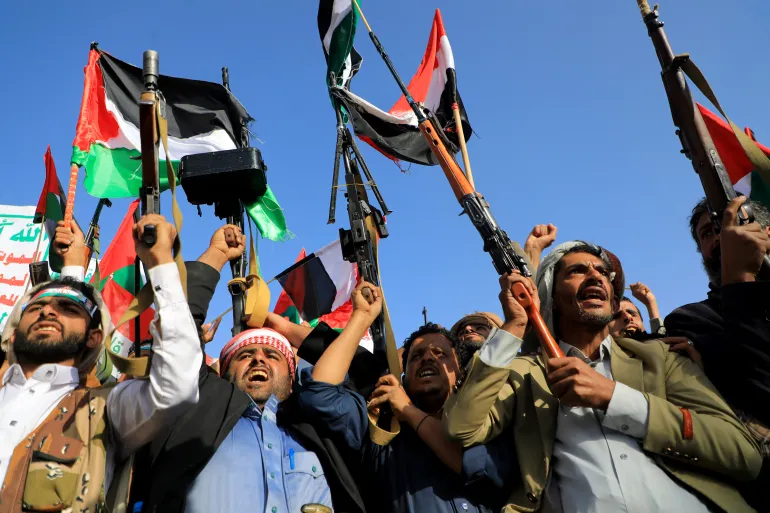
Humanitarian Concerns and International Reactions
► Impact on Humanitarian Aid
The airstrikes on Hodeidah have raised significant concerns about the humanitarian impact. Hodeidah is a critical conduit for aid to Yemen, a country already grappling with a severe humanitarian crisis. UN Secretary-General Antonio Guterres has called for restraint and the protection of civilian infrastructure, emphasizing the need to avoid actions that could worsen the humanitarian situation.
► International Stance
The international community has responded with a mix of condemnation and calls for restraint. While the US and Saudi Arabia have distanced themselves from the Israeli airstrikes, regional actors remain wary of escalating the conflict. The complexities of regional alliances and the potential for further destabilization highlight the need for a coordinated and measured international response.
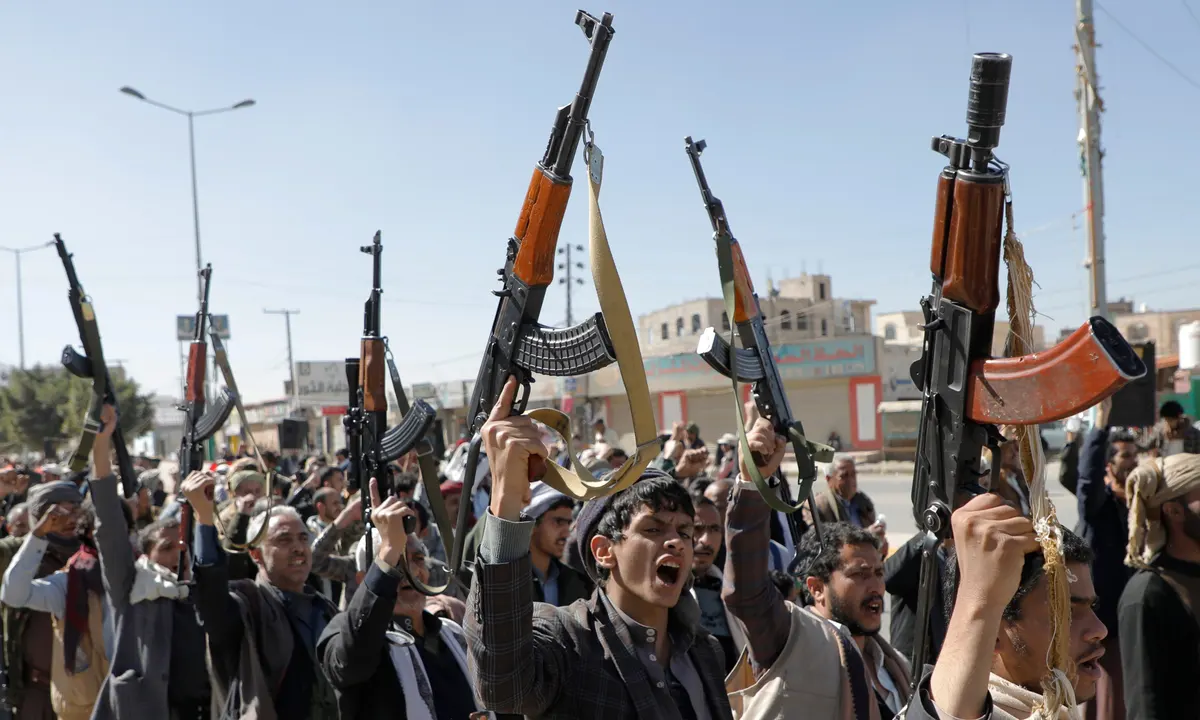
The recent escalations between Israel and the Houthis mark a dangerous phase in the ongoing conflict. The drone strike on Tel Aviv and the subsequent Israeli airstrikes on Hodeidah underscore the immediate hostilities and the broader geopolitical dynamics at play. As the situation continues to evolve, the international community must navigate these complexities to prevent further escalation and address urgent humanitarian needs. The Israel-Yemen conflict, intertwined with broader regional tensions, remains a critical flashpoint with significant implications for Middle Eastern stability.
Inputs By Agencies
Image Source: Multiple Source
Ⓒ Copyright 2024. All Rights Reserved Powered by Vygr Media.

